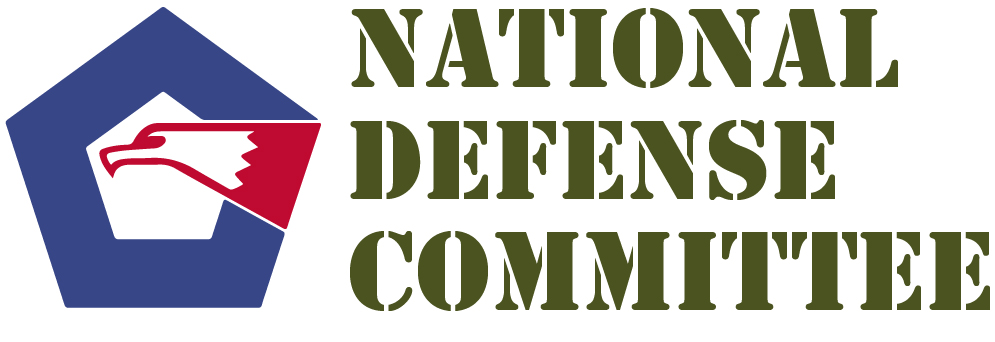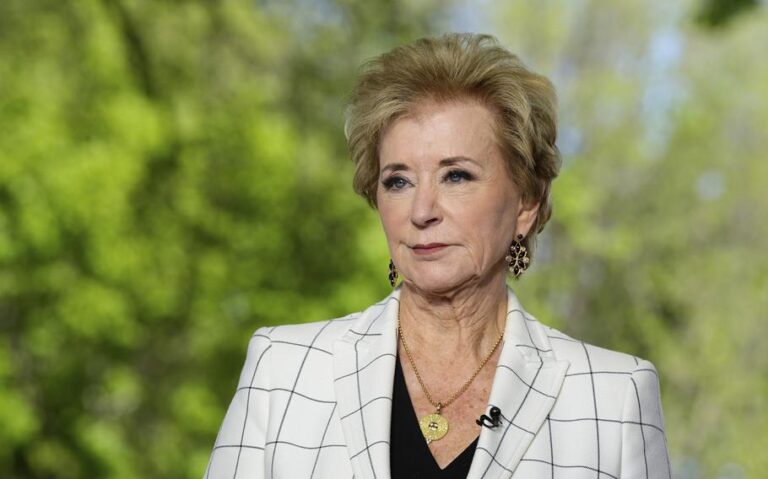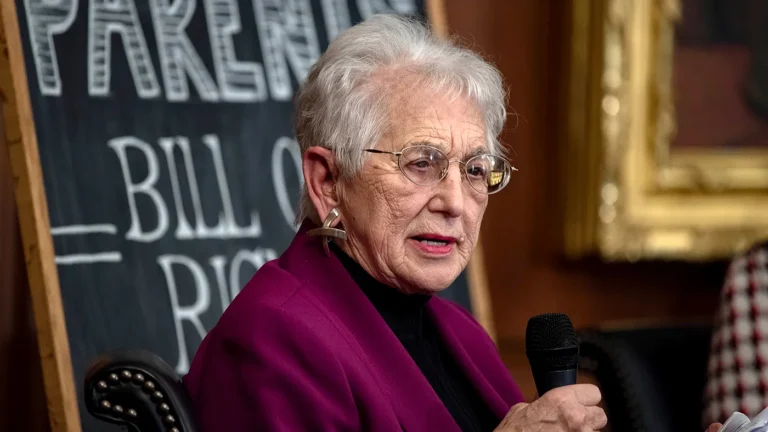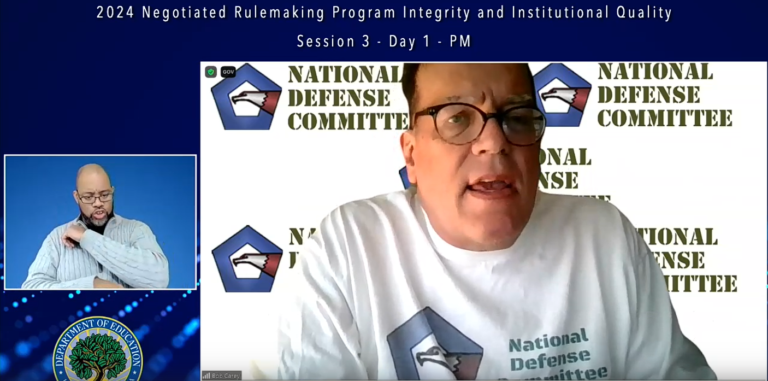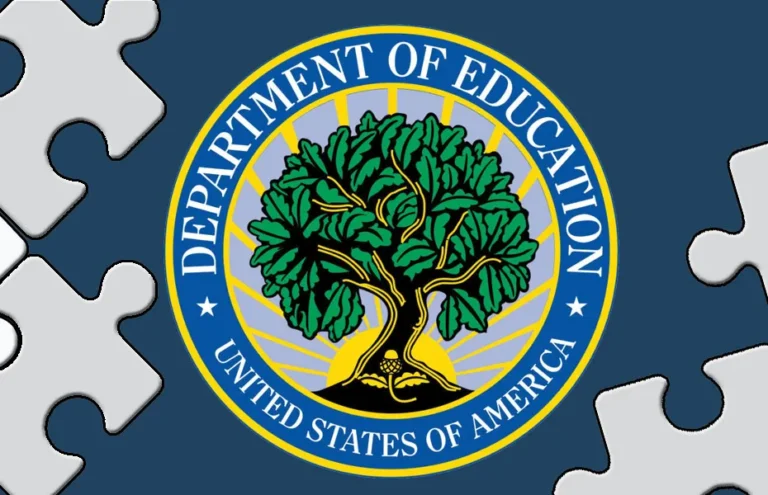Veterans Unwelcome at Some “Elite” Four-Year Colleges
Compliant members of Congress and government officials, upon whom traditional four-year universities lavish millions in political campaign contributions and lobbying support, seem only too willing to perpetuate a false narrative against career colleges.
The problem is the traditional liberal arts higher education model does not work for many students, especially military and veterans.
To begin with, many veteran students are in their mid-20s or older, some with a spouse and children, and all with the unique experience of managing the rigors of military life. As such, they may not find the traditional higher ed experience relevant to their post-military lives.
Additionally, many military and veteran students are not welcomed by fellow students, professors, and administrators. A meta-analysis of veterans’ experiences at four-year institutions notes that veterans “often report difficulty connecting socially with traditional students, who are less likely to have firmly established vocational, social, and family roles.” Among the difficulties veterans face on campus are “intrusive or unpleasant” interactions with non-veteran peers.
The truth is, many military and veteran students choose not to attend, or cannot gain acceptance into, traditional four-year colleges and universities. At the same time, they find a warm welcome at career colleges, which offer tailored programming and flexible schedules that meet their unique needs and circumstances.
So, while the Department of Education and some aligned lawmakers may paint career colleges as greedy predators eager to pounce on unsuspecting veterans—in actuality, many veteran students choose these schools because they are a better fit for their needs and goals. Military members and veterans are not dumb. Given the freedom to use their earned education benefits, they can and will make decisions that best advance their education and careers.
Read more in NDC’s Condescending Paternalism report.
